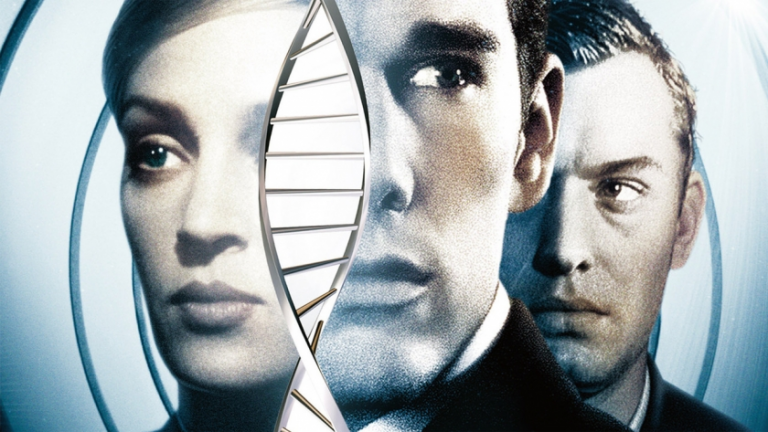Culture news This sci-fi film is the most credible according to NASA and it really does not bode well for humanity
Advertisement
In 2011, NASA compiled a list of the best and worst science fiction films in terms of credibility. Here are the names that stand out.
Advertisement
2012 (2009)
In the ranking of the 10 most ridiculous feature films with regard to respect for the laws of physics according to NASA, we remember the cult 2012 which sits in first position with its improbable scenario about the end of the world. We also find in the list The core, which proudly occupies second place. Lesser known, this 2003 film tells the story of how the Earth's inner core stopped rotating, causing the planet's magnetic field to collapse. Third place on the podium is comfortably occupied by Armageddon (1998), this film with Bruce Willis tasked with stopping an asteroid heading towards Earth at a speed of 35,000 kilometers per hour.
We could also, according to astrophysicist Neil deGrasse Tyson, unofficially add to the list the very recent Moonfall, a film by Roland Emmerich (2012) which could easily dethrone Armageddon for its lack of realism. Le Parisien also wrote about him that he “does not shine with its realism, but with its phenomenal mastery of scenes that are both spectacular and anxiety-inducing“. The film takes as its setting an America which is painfully preparing for the collapse of the Moon on Earth, the latter having been mysteriously propelled out of its orbit.
The most credible sci-fi films according to NASA
In the list of the best films according to NASA this time, the media Science et vie reports that we find in third place in the ranking a certain Metropolis, a 1927 film by Fritz Lang which is a true reference in science fiction. It recounted the daily life of workers who toil underground in a metropolis of the year 2026, ensuring the happiness of the well-off who live in the city's hanging gardens. Contact (1997) occupies second position: the feature film with Jodie Foster focuses on an astronomer who is watching for a sign of extraterrestrial intelligence.

Finally Welcome to Gattaca (1997) takes first place for its excellent scientific research and its realism which earned it the title of the most plausible sci-fi film in history. This first film by Andrew Niccol, who later wrote the screenplay for The Truman Show, is generally about the control of genetics in a futuristic society and how parents can determine the future of their children before they are even born, a storyline which obviously does not bode well. We find the actor Ethan Hawke who plays the role of an ordinary man suffering from a congenital heart disease and who tries to monopolize the identity of Jerome (played by Jude Law), an ideal specimen.
In a perfect world, Gattaca is a center of space studies and research for young people with impeccable genetic heritage. Jérôme, an ideal candidate, sees his life destroyed by an accident while Vincent, an illegitimate child, dreams of leaving for space. Each of the two will allow the other to obtain what they want by thwarting the laws of Gattaca.
